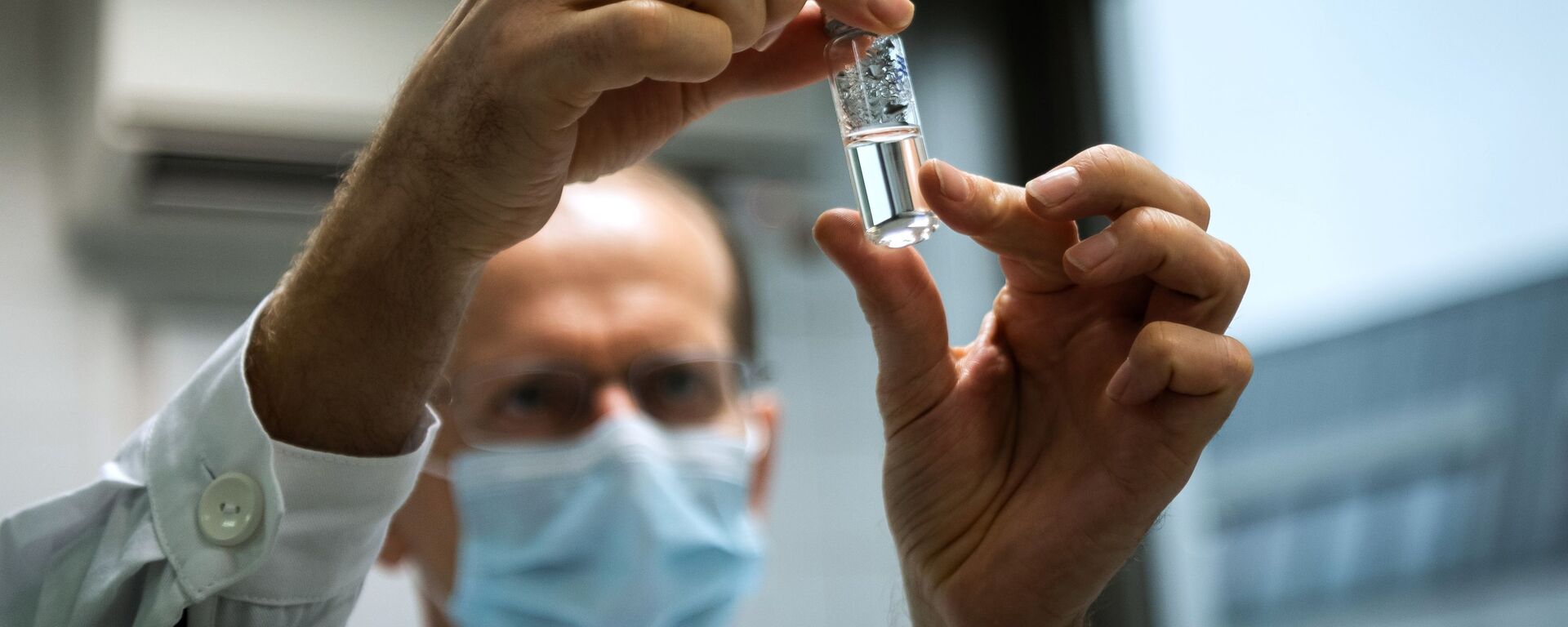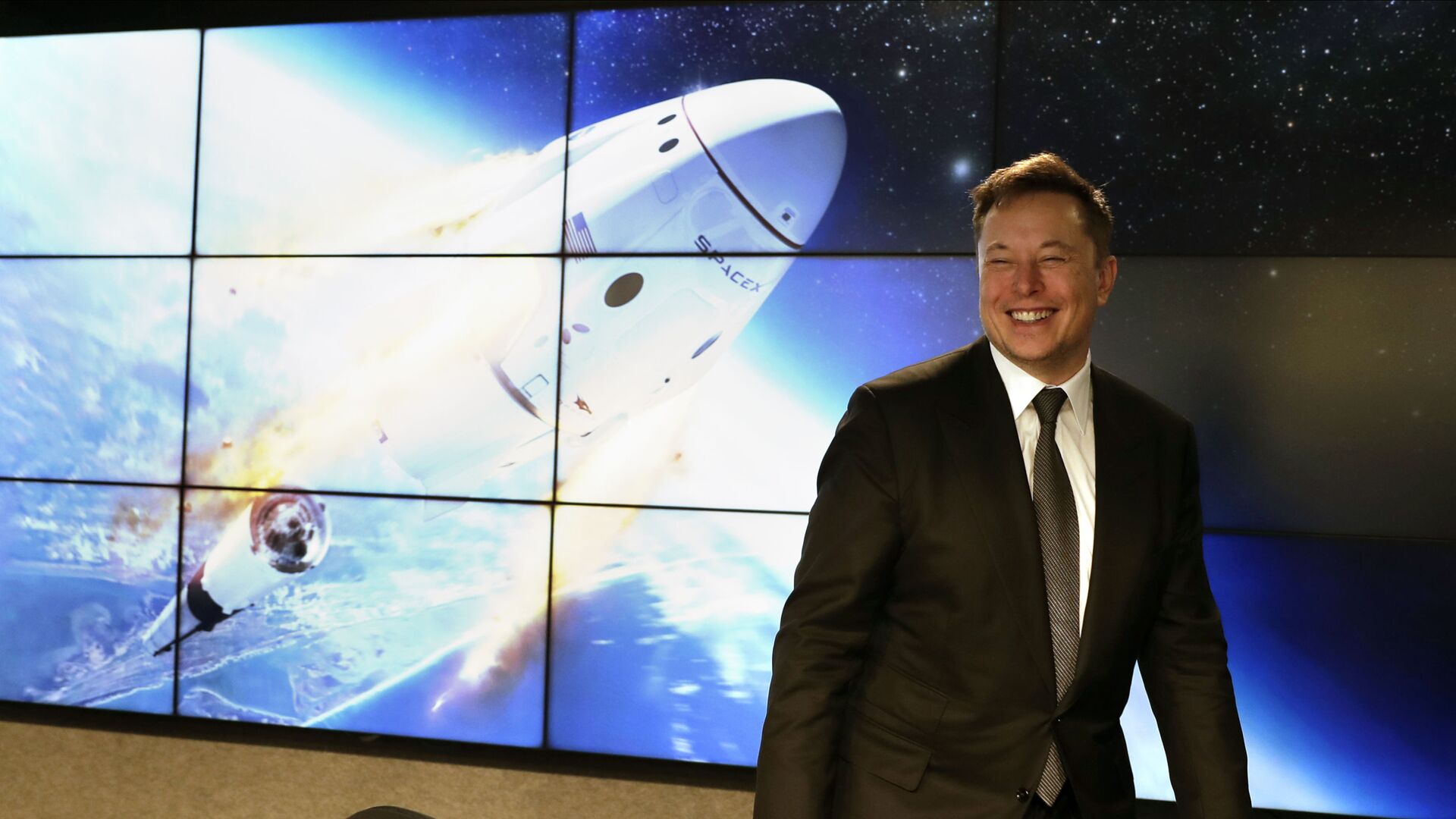It looks like Elon Musk can add another line to his curriculum vitae (who knows, maybe one day he will need it). The 49-year-old, who invents new ways of transportation and is on course to revolutionise space travel, has tried his hand at medicine as he and his company SpaceX have commissioned a study on coronavirus, The Wall Street Journal reported. Musk is even listed as a co-author of the study.
The coronavirus pandemic brought the world to a halt in the spring of 2020. For SpaceX, this was especially damaging as the company was preparing to send NASA astronauts to the International Space Station in May. In order to continue working and limit the spread of the disease, Musk and SpaceX’s top medical executive decided to conduct a study. With the help of doctors and academic researchers, they wanted to create an antibody-testing programme as well as to find out how the immune system reacts to the virus.
More than 4,000 SpaceX employees volunteered to participate in the study. Over three months, they had their blood tested. Of the 4,000 SpaceX employees that were tested multiple times, 300 contracted COVID-19.
Scientists say they have enough data from 120 people to study in greater detail the issue of infections and antibodies and draw conclusions, although they admit that their research may be skewed because the median age of this small group of people is 31 and more than 90 percent of them are male. The issue here is that people from one age group are affected differently by COIVD-19 than people from another.
Antibodies Are Not a Guarantee
According to the conclusions of the study, people who experienced mild cases of COVID-19 – minor fever, sniffles, and cough – did not generate enough antibodies and were less likely to meet the threshold needed to produce longer-term immunity.
"People can have antibodies, but it doesn't mean they are going to be immune [to the coronavirus]", said Galit Alter, a co-author of the study who is a member of the Ragon Institute of MGH, MIT and Harvard.
The scientists involved in the research said the results could be used by health experts to decide who is most vulnerable to the infectious disease, and thus who should be vaccinated first.

The study is important as scientists are still trying to figure out how the immune system reacts to SARS-Cov-2, in particular how long immunity lasts and whether people can contract the disease again. Knowing enough about immunity will allow authorities to better deal with the pandemic and speed up the process of eradicating the disease.
A recent study by Public Health England revealed that most people who have had the virus are protected from contracting it again for at least five months. However, the study revealed one detail that concerned the scientists – some people contracted the disease again and, even when asymptomatic, had high levels of the virus and could pass it to the others.



